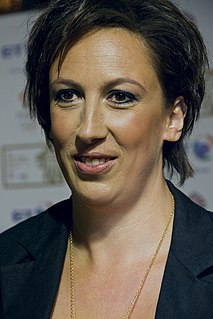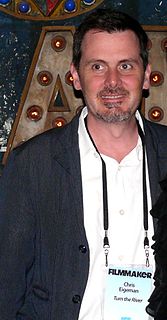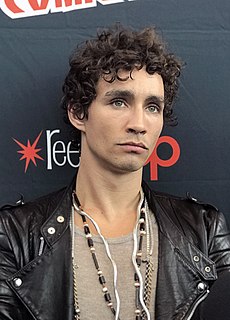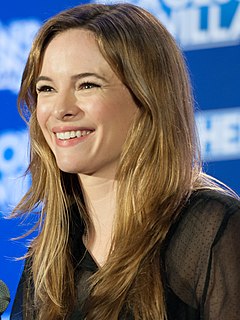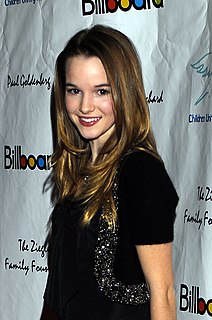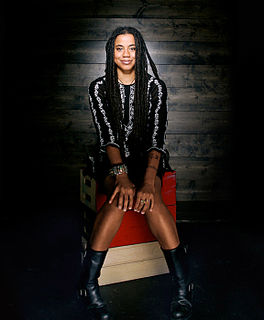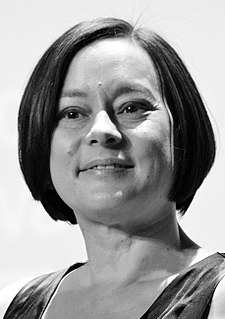A Quote by Jude Law
When you suddenly appear on the scene and you are the new face, everything centers on you. I experienced this in my mid-20s and I found it rather hard.
Related Quotes
If you had asked me, did I have everything nailed down and wired about what I wanted to do, and was I following some real plan? No. In fact, by the time I was in my mid-20s or even late-20s, and I was still in the law firm, I really was starting to get a little nervous that I didn't know what I was going to do.
I think, for a shy person - and I was very shy until my mid-20s - having been to an all-girls' school is not brilliant on the boyfriend front later. Because when I went to university, it was definitely like meeting a new species of people. Suddenly, at age 19, I was thinking: 'Can you speak to these people?' I was very, very nervous.
My whole thing is that often times when teenagers are about 18, 19, 20, 21, they get this mentality that they have to be old, they have to appear older, they can no longer be seen as a high schooler, they need to be seen as mid-20s all of a sudden even though they're only, like, 20. I'm the opposite of that.
Everything I write doesn't appear to be biography until later. I often say that I've never written about anything I've experienced. Of course, that's not true. But it doesn't appear familiar to me at all. And maybe that's because I have to be in a kind of coma in order to write. If it appeared familiar, I wouldn't.
I came in rather late in the casting process of Reaper. I believe they had all the other roles cast. They were having trouble finding the devil. They had seen almost 100 actors for the role. I got the script and I liked it - it was clever and witty and very, very funny, and a nice, fresh take on an old story. I went in and did a scene for the producers, the kitchen scene from the pilot where I'm cooking a chicken-fried steak. At the end of it, they all had a smile on their face, and they realized they had found their devil.
You can write ten versions of a scene, and then, on the day, discover that something in the original scene worked. It's hard on writers. Hard on actors, hard on editors, hard on me, hard on the producers, who require patience and confidence. But I can't get to the end without going through this process.






